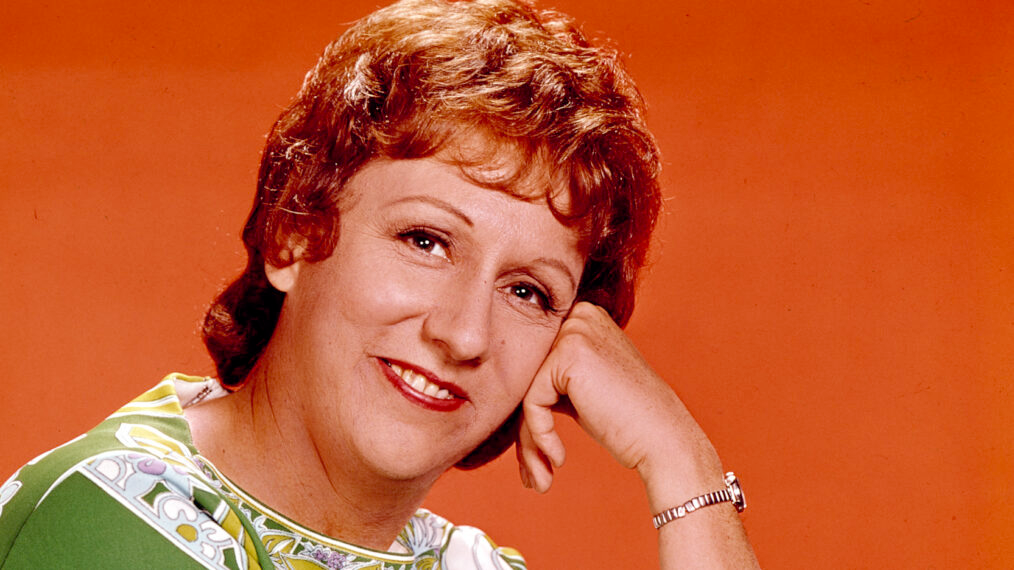
When All in the Family first aired, Edith Bunker was often referred to as a “dingbat”—a term that seemed to define her as naïve, silly, and somewhat dim-witted. But as the show progressed, Edith’s character evolved into much more than just a punchline. In many ways, she became a feminist icon before feminism was a common subject on television.
Despite her initial portrayal as a meek, submissive wife, Edith Bunker became a powerful symbol of strength, resilience, and quiet rebellion. While her husband, Archie, is often the one pushing against change, Edith represents the changing tides of society. She is a woman who, while gentle and loving, is not afraid to stand up for herself and challenge societal expectations—whether it’s when she refuses to let Archie’s bigotry slide or when she asserts herself in family matters.
As the series progressed, Edith’s moments of self-realization and assertiveness showed her character evolving beyond the traditional housewife. She was more than just the loyal wife who took care of the family; she was a woman who demanded respect and showed incredible emotional intelligence. Edith’s evolution from the “dingbat” to a figure of personal strength made her one of the most groundbreaking female characters on TV during the 1970s.
